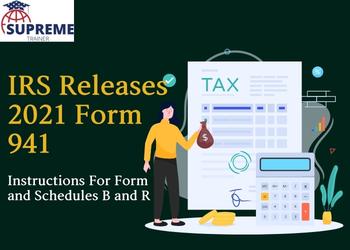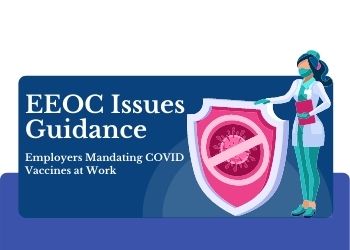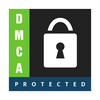RECORDED TRAINING COURSE
The Form I-9 and the verification process have undergone some changes recently.
While the Dept of Homeland Security had temporarily allowed remote verification of employee eligibility for employers otherwise working remotely during the COVID-19 pandemic, the relaxation of the rules ended on July 31, 2023. Now the following new general rule is in place: for any previously remote verifications you did in reliance on the relaxed rule you would have had to go back and verify documentation of eligibility to work in the US no later than August 31, 2023.
But there have also been two more key changes with respect completion of I-9’s going forward:
- The US Customs and Immigration Service (USCIS) also just rolled out a new Form I-9 on August 1, 2023, that you must use, going forward for all new hires.
- Homeland Security will now allow some remote verification, for E-Verify users.
Making sure the I-9 is properly completed, especially with these new changes, is at least as important now as it ever was.
Anyone can claim an employer has not complied with Form I-9 and E-Verify requirements—and worst of all, those claims don’t even have to be true to trigger an audit. If that’s not enough, government agencies in recent years have started to “talk” to each other. For example, the US Department of Labor (DOL) communicates with the Internal Revenue Service (IRS) and the Department of Homeland Security (DHS) communicates with Child Support Services and on and on.
Research shows, however, that audits are often triggered by complaints, which, in turn, most often come from disgruntled employees. Others come from audits of targeted industries.
Session Highlights:
- Up to date I-9 compliance requirements
- The newest Form I-9
- Basic I-9 document review
- Understand the rules for acceptable documents used to verify employment eligibility
- E-Verify – pros and cons
- Understand the impact the most current Form I-9 will have on the use of E-Verify
- Conducting a self-audit of your I-9 process
- How to avoid the common errors and omissions including recordkeeping errors
- Update on upcoming ICE I-9 audits
- Penalties for non-compliance
- Understanding civil and criminal penalties
- Walking the fine line between vigilance and illegal overstep when seeking proof of citizenship
- Remote verification and a new rule
- Establish best practices for reducing risks and correcting errors when using the most current Form I-9
Why You Should Attend:
In this webinar, we will cover what has changed, and just as importantly, what has not changed. While the Form itself is simple, completing it correctly is not – and you can be audited and fined (and in some cases worse) if you do not properly verify your employees’ eligibility to work in the United States. Join us and learn what steps you can take to avoid that outcome.
Who Should Attend:
- Human Resources Professionals
- Compensation & Benefit Professionals
- Compliance professionals
- Payroll Professionals
- Managers & Supervisors
- All Employees & Staff
Note: You will get access to the Recording link and E-Transcript; in your account and at your registered email address.









